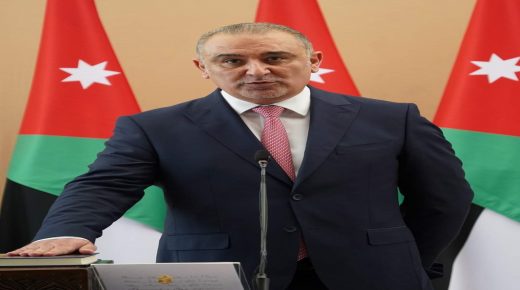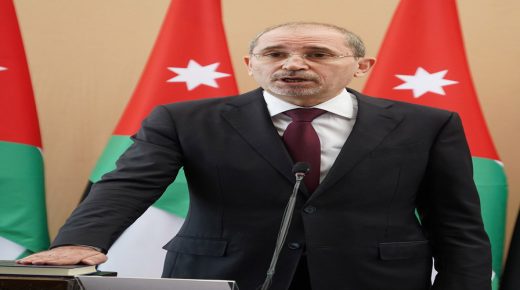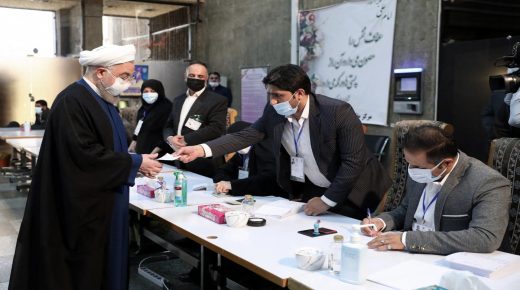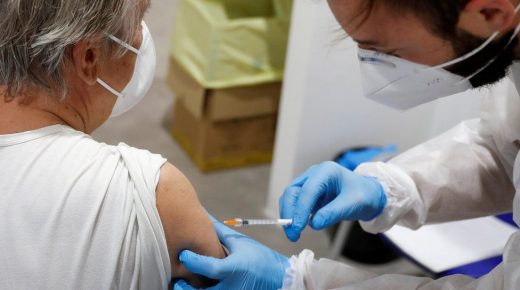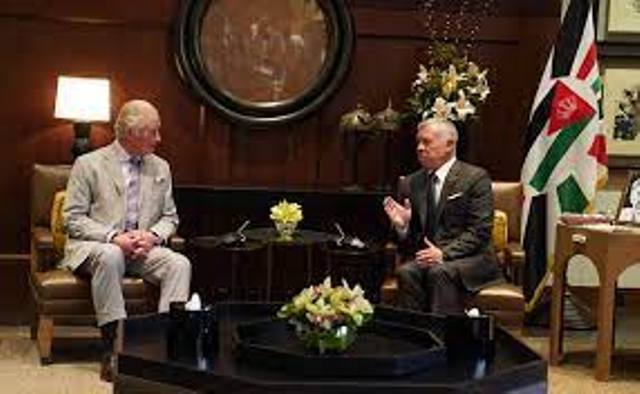Amman – saraha news
Minister of Planning and International Cooperation, Nasser Shraideh, has met with the head of the European Union delegation to Jordan and ambassadors of the member states of the European Union, where they were informed of the government’s Executive Program for 2021-2024, and the implementation of the Response Plan for the Syrian Crisis.
According to a ministry statement on Wednesday, the minister presented the economic performance indicators of 2020 and the challenges in light of the economic downturn which is expected to hit 3 percent. He also reviewed the COVID-19 pandemic’s economic consequences and the government’s measures to confront it in terms of health safety and social protection; through curbing the spread of the virus and ensuring economic stability.
During the meeting, the minister also reviewed the Executive Program’s most prominent components, prepared by the government in line with Royal directives and the Letter of Designation, which represents a reference document with policies and projects in various sectors that will be developed into an economic action plan.
“The program focuses on continuing with structural and economic reforms, political development, enhancing the rule of law, shifting to digital and green economy, attracting investments, revitalizing productive economic sectors, increasing employment opportunities, and promoting self-reliance,” the minister said, informing the EU officials of the Program’s financial need and the importance of directing assistance towards its projects, along with providing direct support to the treasury to maintain financial stability and reduce debt.
On the Syrian Crisis, the minister displayed the additional pressures Jordan is bearing due to the Syrian refugees, calling on the international community to shoulder its responsibilities in this regard.
“In preparation for the fifth Brussels Conference on supporting the future of Syria and the region in March, the government has recently completed the 2021 Response Plan for the Syrian Crisis which focuses on four main components: refugees, host communities, infrastructure and institutional capacity development, and the response to the Corona pandemic crisis. It includes seven sectors: education, health, shelter, social protection, sanitation services, economic empowerment, and public services,” he added, indicating that it will be presented, along with its $2.4 billion financial requirements, to representatives of the international community during the conference.
The European envoys expressed their awareness of the aforementioned challenges and their countries’ willingness to support Jordan. Also, it was agreed that future support programs will take place as part of the bilateral framework.
The meeting was attended by ambassadors of Austria, Belgium, Bulgaria, Cyprus, the Czech Republic, France, Greece, Hungary, Ireland, Italy, the Netherlands, Romania, Spain, and Sweden.


